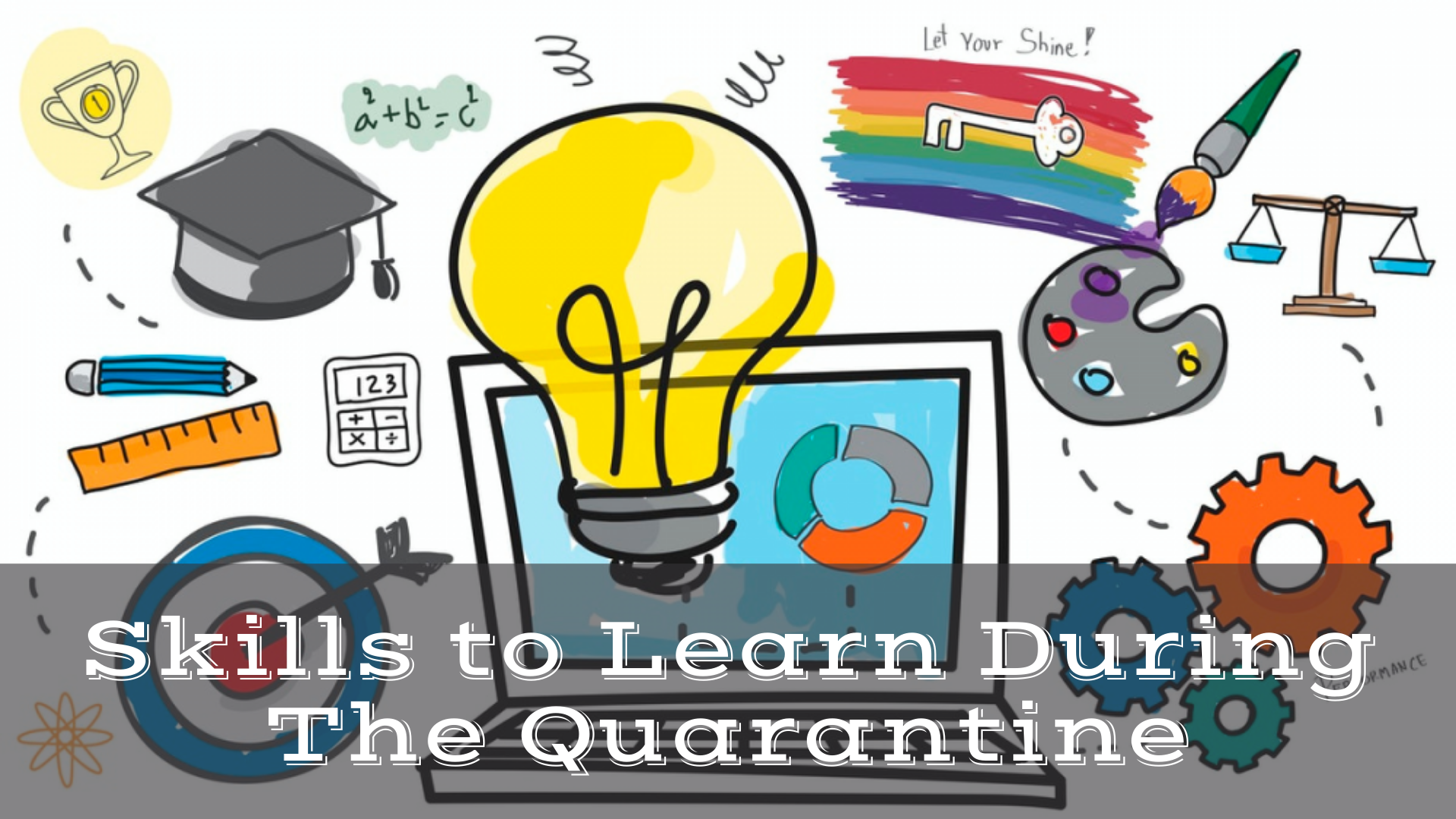Cognitive Development: How Parents Turn Kids into Impressive Individuals by Letting Their Run Free
Parents nowadays dive into various fields of subjects so that they can find out what is best for their child. One of the fields which are often overlooked and can have serious ramifications later in their lives is cognitive development.
Cognitive Development is the process of change in an individual's capacity to solve problems, think abstractly, exert self-control, learn new things, make decisions, use language, and form memories.
The benefits of cognitive development from birth to age five have been well documented. A study published in the Journal of the American Medical Association by Dr. Frank B. Farland arrived at a 10% reduction in rates of juvenile delinquency for each year that a child was in schools in India. In addition, individuals with higher levels of education show lower rates of substance abuse problems, higher income, and better physical and mental health.
From birth and continuing through the teenage years and into adulthood, cognitive development is a continuous process of change and growth, building upon what we learned as children. Variations in cognitive development may be the result of different factors such as aging, medication intake, brain injury, or alcohol consumption. It underpins our ability to reason, abstract, perceive and represent.
We learn best by using all our senses to explore our environment, understand events and objects as they relate to one another, and develop both social and intellectual skills.
A Swiss psychologist, Piaget suggested that individuals from infancy themselves progress through four stages of cognitive development. Each stage represents new ways of organizing perception, using language, understanding social interactions, and thinking about objects and events. These four stages are
Sensorimotor stage (0 - 2) As babies learn to interact programmatically with the people and environment around them, they begin to develop an understanding of themselves as an individual.
Preoperational stage (2 - 7) Children gain increasing control of their environment, including younger children who develop an increasing sense of order.
Concrete operational stage (7 - 11) Concrete operational is when children start to use concrete facts in thinking, such as when they understand that saying something aloud always makes it true.
Formal operational stage (12 and up) Formal operational stage is the final stage of cognitive development in which an individual can use intellectual reasoning and logic to solve problems and adapt to new situations.
Developing cognitive skills is the key to succeeding in every area of a child's life. Thought processes and reasoning abilities, qualitative and quantitative domains, analytical reasoning, decision making, creative thinking and hypothesis formation, critical thinking capabilities, problem-solving skills, concept formation, and generalization all have a significant impact on a child's capacity to learn long after formal education has ended.
Underdeveloped cognitive skills handicap the individual from performing effectively in most areas of his daily life into adulthood. Critical thinking skills are especially important for individuals who will be responsible for leading others due to their roles as corporate executives, managers, engineers, or doctors.
According to studies done by a top international school in India, cognitive development during childhood is the single most important factor in overall health and well-being. To maximize cognitive development, children should be made to engage with various activities. With activities like balance game to stimulate the visual system, indoor soccer to work their coordination, hide-n-seek or treasure hunt for spatial orientation/memory, motor skills development with jumping rope or hula hoop, arts and crafts activities that encourage imagination and creativity, your children are guaranteed to have fun while enhancing their cognitive skills. Parents often, even at a young age, disregard the importance of playing and try to make their childless boisterous without the knowledge that in doing so they are hampering their child's mental ability.
There's a need for spreading awareness about cognitive development so that, when your child enters their teenage years, they can absorb maximum information and give it out to society.




Comments
Post a Comment